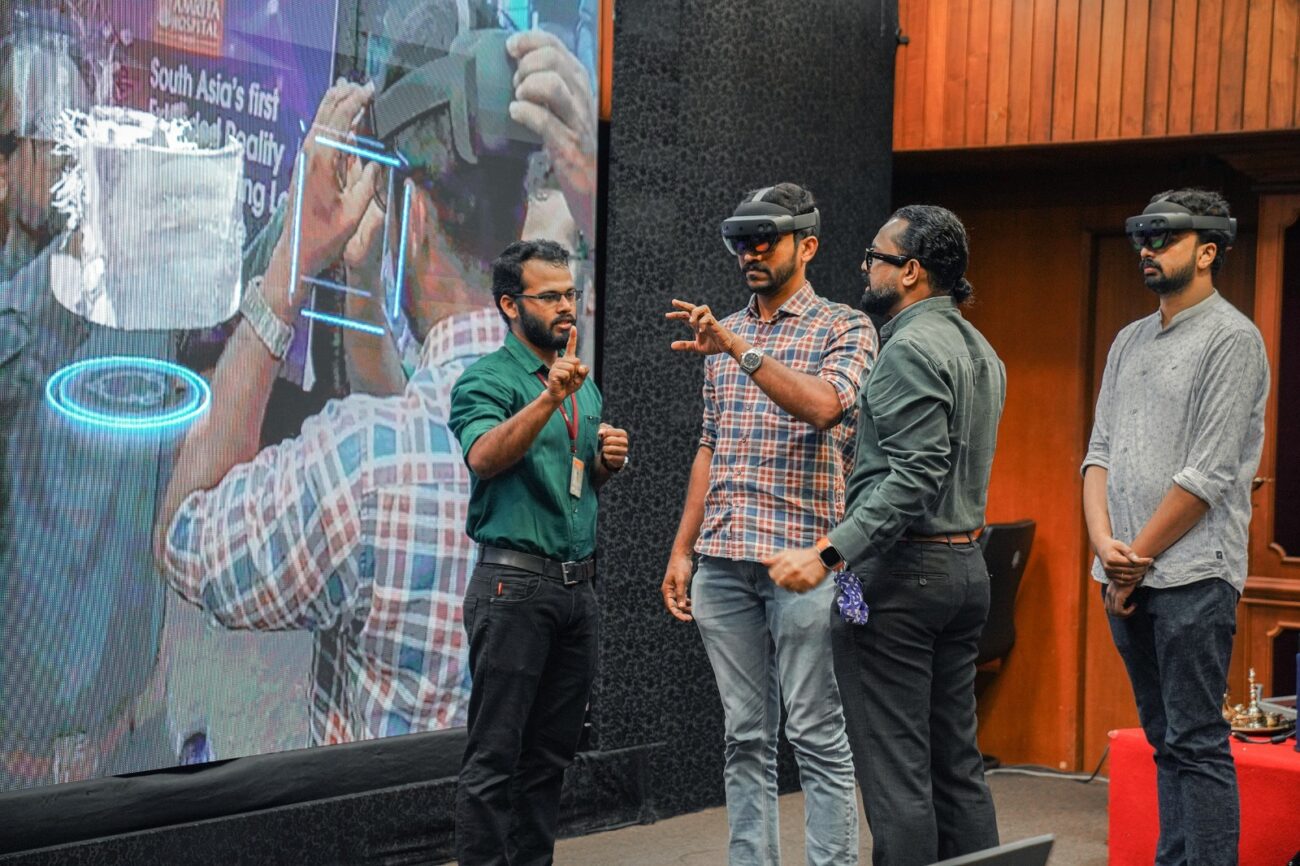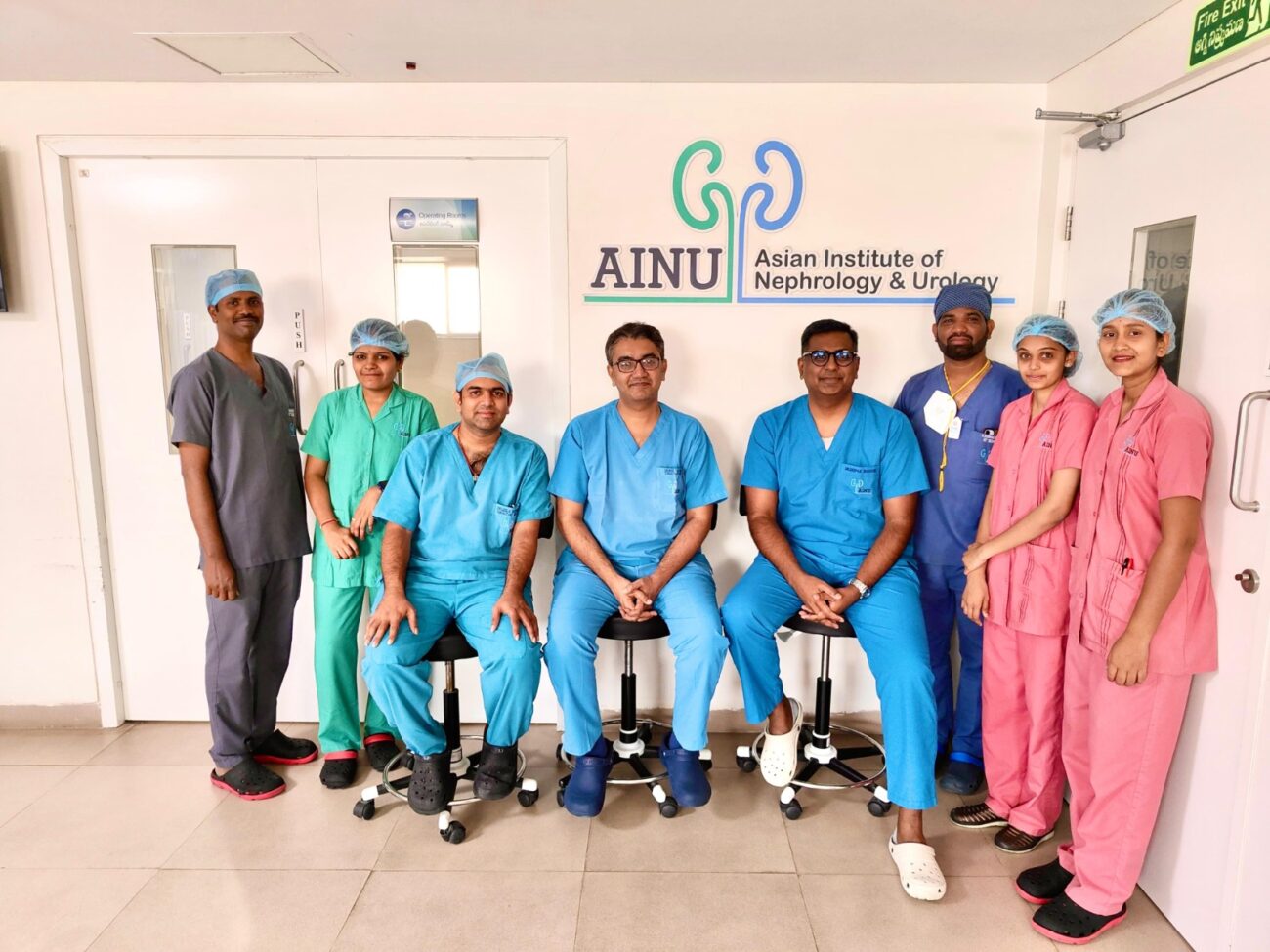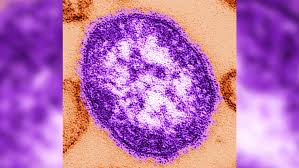Amrita Hospital in Kochi Officially Launches South Asia’s first Extended Reality Ecosystem in Healthcare
The 1,350-bed Amrita Hospital, Kochi has developed a first-of-its-kind Extended Reality (XR) Supported ecosystem in healthcare which leverages augmented reality (AR), virtual reality (VR), and mixed reality (MR) technologies to significantly enhance capabilities in patient

The 1,350-bed Amrita Hospital, Kochi has developed a first-of-its-kind Extended Reality (XR) Supported ecosystem in healthcare which leverages augmented reality (AR), virtual reality (VR), and mixed reality (MR) technologies to significantly enhance capabilities in patient care, medical training, and research. The integration of this advanced technology in clinical practice marks a major milestone in the healthcare industry of India, according to experts.
Said Dr. Mahesh Kappanayil, Professor, Paediatric Cardiologist and Lead at 3D Labs, Amrita Hospital, Kochi: “The implementation of extended reality application at Amrita Hospital is the result of several years of extensive work by our team of researchers. The technology has already been deployed in the treatment of 150 patients, with excellent outcomes. Extended reality was initially popularized in the gaming industry. It was a big challenge to overcome the complexity of integrating gaming technologies into medicine. This achievement builds upon Amrita Hospital’s existing 3D lab and 3D printing capabilities and setting up the first-ever point-of-care virtual reality lab.”
The extended reality-supported system developed by Amrita Hospital allows medical professionals to visualize organs as holograms, enabling the delivery of patient-specific, precision medicine. Added Dr. Mahesh Kappanayil: “By embracing metaverse concepts and utilizing patient data such as CT scans, the XR system allows doctors to understand complex defects, precisely plan difficult surgeries and collaborate with their counterparts from anywhere in the world, leveraging remote connectivity to discuss patient cases and develop treatment plans. We are planning to further enhance the capabilities of the XR system by adding immersive teaching tools for medical students, telemedicine operations, and enhanced remote connectivity.” Towards these ends, Amrita Hospital is working closely with industry leaders like Microsoft India and other developers.
“Amrita Hospital’s Pediatric Cardiac Unit has been at the forefront of utilizing 3D printing and extended reality (AR/VR) technologies for the clinical benefit of patients. These state-of-the-art 3D+ technologies enable doctors to create precise replicas of real or actual heart or any organ, facilitating in-depth study and preparation before actual surgery. The application of these technologies is set to revolutionize medicine by enabling precise surgical planning, customized prosthetics and implants, development of innovative medical devices, and enhanced medical education and training,” said Dr. Krishnakumar, Professor and Head of Paediatric Cardiology, Amrita Hospital, Kochi.
Amrita Hospital houses India’s first “point of care” medical 3D printing and virtual reality laboratory. This advanced facility is one of the few of its kind and is now being utilized by multiple medical specialties to provide precision and personalized medicine to patients.
“We have handled numerous rare and unique cases using the 3D imaging system. Many of the cases we have undertaken have been either first in the world or in India. Despite the advanced nature of the technology, only a handful of centers worldwide have adopted it on a large scale. We are now able to treat patients who have been rejected by other hospitals due to doctors’ constraints to understand the structural complexities of organs and plan the surgeries effectively. The process involves converting a patient’s real CT scan into a digital 3D file, allowing doctors to examine each case in three dimensions using 3D printing technology or AR/VR,” said Dr. Mahesh Kappanayil.
In 2022, a three-and-a-half-year-old girl from Uganda faced a unique and unprecedented medical situation. Rejected by several hospitals due to the complexity and rarity of her condition, she found hope at Amrita Hospital Kochi. “The medical team at the hospital embarked on a challenging journey to help her, and with the assistance of extended reality technology, we were able to thoroughly analyze her case. After careful planning and consideration, the team successfully performed a crucial surgery, marking a significant milestone in her treatment and recovery. The successful outcome brought hope not only to the girl’s family but also to the medical community as a whole,” Dr Brijesh P Kottayil, Associate Professor, Department of Cardiovascular & Thoracic Surgery, Amrita Hospital, Kochi.
Amrita Hospital has been utilizing 3D printing since 2015, empowering surgeons with extensive pre-surgical planning capabilities. This comprehensive approach has significantly reduced surgery times and enhanced overall patient care. Amrita Hospital has achieved several significant milestones, including India’s first reconstruction of the breastbone in an infant using 3D printing.
“We have been focusing on providing the best healthcare to all for over 25 years. Sense of fulfillment and happiness are heightened when we are empowered to provide exceptional patient care through the utilization of advanced technologies. This not only benefits the patients but also contributes to the growth and development of future doctors, enabling them to acquire a deeper understanding of various medical situations and gain valuable learning experiences,” said Dr. Prem Nair, Group Medical Director, Amrita Hospitals.






